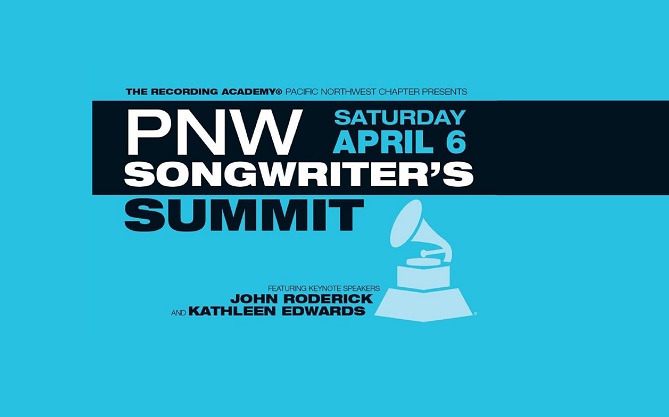Sometime in the summer of 2013, I decided to join The National Academy of Recording Arts and Sciences (NARAS), AKA The Academy®. I had heard it was a great way to network with other local musicians – including Seattle’s own Grammy®-winning writers, producers and artists like Sir Mix-A-Lot, Eric Tingstad and Sue Ennis.
Then, in the fall, on a lark, I decided to see what it was like to submit my music for the 56th (as they call it) Grammys. Just for fun, mind you, and to learn. I have no delusions of grandeur left about the music industry. Well, maybe a few.
The Grammys are the biggest honor in music you can get. I thought it would be interesting to participate in the process and see how it really works first hand, for an indie and from the inside. No PR machine, no label, no manager.
First, I did some research on indie artists who have gotten nominated. There’s been a lot of controversy in recent years, with EDM artist Al Walser and Americana artist Linda Chorney top of mind. This post is not about the controversy of the voting process, however. Believe it or not, this post isn’t even going to cite Macklemore and Ryan Lewis, although Seattle’s own hometown indie artists were nominated for seven (seven!) Grammys, in case you’ve been living under a rock this year.
What is most interesting to me are two things I discovered.
One is a shift, at least for the indie artists, away from the private Grammy365 website to social media sites like Facebook to promote their nominations. Social media is having an effect even on crusty and fairly closed organizations in the music industry like NARAS.
Second is the sheer explosion in both the number of Academy members and number of submissions for nomination, as more and more amateur recording artists and producers have begun creating and marketing their music. This has created not only technical issues for the Academy and its members’-only website, Grammy365.com, but it has also made the annual listening and promotional process within the voting members much more challenging.


